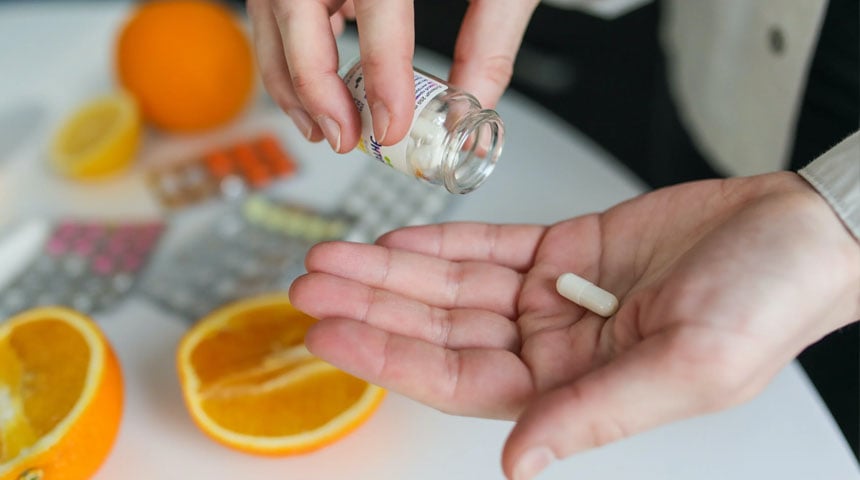Regular Vitamin D Supplements May Lower Skin Cancer Risk
A new study has found that individuals who regularly take vitamin D supplements are significantly less likely to have a history of malignant melanoma, or any type of skin cancer, than non-users. They also found a trend for benefit with occasional use.
The study was conducted in collaboration with researchers from the University of Eastern Finland and Kuopio University Hospital, and has been published in the journal Melanoma Research. It involved almost 500 individuals attending a dermatology clinic who reported on their use of vitamin D supplements.
Vitamin D plays a key role in the normal function of the human body and it may also play a role in preventing many diseases. The link between vitamin D and skin cancers has been studied abundantly in the past; but these studies have been focused mainly on serum levels of calcidiol, which is a metabolite of vitamin D, and its association with skin cancers.
Findings from most such studies have been inconclusive and even contradictory, at times, as serum calcidiol levels have been associated with a slightly higher as well as with a slightly lower risk of different skin cancers. This may, in part, be explained by the fact that serum calcidiol analyses do not provide information on the metabolism of vitamin D in the human skin which can express enzymes that generate biologically active vitamin D metabolites or inactivate them.
This new study, conducted under the ‘North Savo Skin Cancer Programme’, took a different approach. A total of 498 adult patients estimated to have an increased risk of a skin cancer, such as basal cell carcinoma, squamous cell carcinoma or melanoma, were recruited at the dermatological outpatient clinic of Kuopio University Hospital.
























